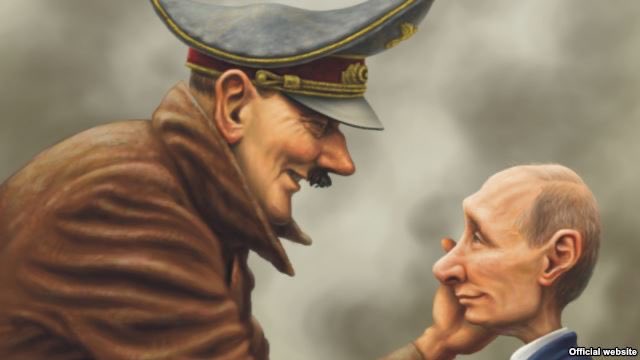
In the aftermath of Russia’s invasion of Ukraine, countries around the world have imposed heavy economic sanctions to deter Russia. The sanctions are intended to hurt Russia’s economy.
The sanctions will cut off major Russian banks from the US financial system, ban Russia’s technology imports, and also target the country’s wealthy individuals. It will also bar major Russian companies from raising capital in the international markets.
The sanctions will also exclude major Russian banks from SWIFT. [SWIFT stands for Society for Worldwide Interbank Financial Transactions. It is a financial messaging service for international banking transactions. It is called the ‘Gmail of global banking’]
For its part, the US wanted to cut off Russia from SWIFT even in 2014 after its annexation of Crimea, but could not come to an agreement with the European countries. Russia had declared that exclusion from SWIFT would be equivalent to a declaration of war.
Even now, the severance is partial
First thing first, why is SWIFT important and why are the European countries reluctant to exclude Russia from the same?
SWIFT enables countries to participate in international trade. When Iran was cut off from SWIFT in 2012, its oil exports reduced from over 3 million barrels a day to just 1 million barrels a day.
But, European countries are reluctant to do the same to Russia, as it is overly dependent on Russia for oil and gas. Europe relies on Russia for 40 % of its natural gas. Europe wants to avoid disruption to its energy supplies. Consider this-
European gas futures jumped almost 70 % to €142 per megawatt-hour after the invasion began. A year ago they were €16.
Impact of Russia-Ukraine War on India
Crude oil
Russia is the second-largest oil exporter in the world. Therefore, any disruption will cause the price of crude oil to rise.
Crude oil hit the $100 mark for the first time since 2014 after Russia invaded Ukraine.
India is a major importer of oil. It imports more than 80 % of its oil requirement.
Though India is not reliant on Russian crude, the rise in crude oil prices will affect the economy.
India’s imports bills will increase and it will widen the current account deficit, which is the difference between the value of exports and imports.
[You may also read: Balance of Payments, current account, capital account- explained]
The surge in crude oil prices will have an impact on inflation as well. We can expect a hike in the prices of petrol and diesel post assembly elections in 5 states. Moreover, higher crude oil prices increase the cost of production- transportation, packaging, etc- for most companies.
As per an RBI paper– a $10/barrel increase in oil price will raise inflation by roughly 49 basis points
If the Government decides not to pass on the increased price to the consumers by cutting excise duties or giving subsidies, it will increase the fiscal deficit by 43 basis points as a percentage of GDP.
[You may also read: Fiscal deficit explained]
Therefore, higher crude oil prices will upset Government’s fiscal math. The Economic Survey mentioned that growth forecasts for 2022-23 have been made assuming crude oil prices to be $75. The Government has made no provision for reducing excise duties for petrol/ diesel in the budget, and it will lead to higher borrowings by the Government.
The RBI’s monetary policy also did not factor in the prices of crude. It will put pressure on the RBI to increase interest rates to combat inflation. It could affect economic recovery.
LPG cooking gas
Russia is a major exporter of gas.
India imports 55 % of its natural gas requirements. Prices of cooking gas could go up.
Market volatility
Indian stock markets plunged 3 % on Thursday due to escalation in the Russia-Ukraine conflict and rise in crude oil prices. Stock markets are expected to remain volatile as Russia continues its military operation in Ukraine.
Gold prices will also surge as a safe haven asset.
Wheat
Russia and Ukraine combined account for one-third of global wheat exports. Supply disruption will lead to an increase in prices.
This will give an opportunity to India to boost its exports to countries like Bangladesh, Egypt and Turkey. At present, India’s central pool of wheat is 24.2 million tonnes, which is twice more than the buffer and strategic needs.
Exports to Russia
Russia is India’s 25th largest trading partner. The war and the subsequent sanctions should not have much impact on trade with Russia and it will continue.
To conclude, Russia-Ukraine will primarily affect the crude-oil price which is a concern for oil-importing countries. It could affect the world’s recovery by pressurizing the central banks to increase interest rates faster than expected.
[You may also read: Should India be worried about Taper Tantrum-II]
Economyria is now on Telegram. For a simplified analysis of topics related to economy/ business/ finance, subscribe to Economyria on Telegram
Now that SWIFT sanctions have been imposed on Russian Banks, can the trade between India and Russia be settled through Rupee Account, the way it was done between India and Iran a few years back?